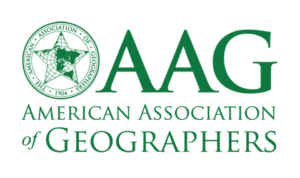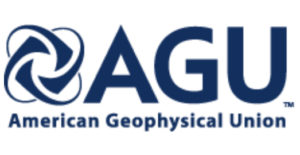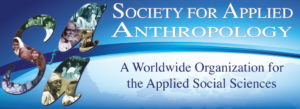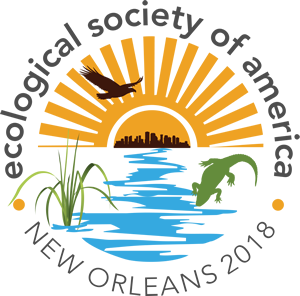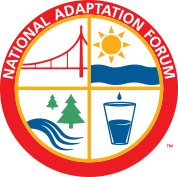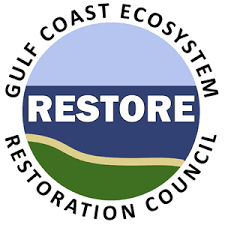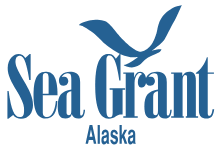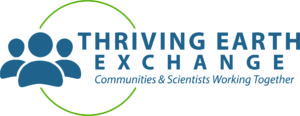Doctrine of Discovery—Alaska
Declaration from the First Peoples and Indigenous Peoples of the World. This document was a product of over 25 Tribal communities coming together. Peoples from Pacific Islands, Alaska, and Lower 48 states. Differing geography, cultural practices, and climates, but we all had two things in common: our lands were disappearing, and the larger world of modernity is ignoring our voices. Climate crisis events have proven to be life changing events for First and Indigenous peoples. Changes in temperatures, seasonal migrations, vegetation growth, sea levels, changes in land mass are all intimately tied to our lifeways and cultures. We are dedicated to each other in our pursuit to encourage others to live holistically and in harmony with mother earth, respecting the gifts she provides and learning to respect each other. This was the first meeting of this group, but not the last. We also vowed to acknowledge the atrocities (Historical or Recent) committed against our people and the concerted effort to destroy us; but not as a burden, likened to a ‘sack of rocks’ on our backs, that weigh and slow us down; we choose to remember only as to say: Never again. We are survivors, we step into our futures, drawing on the strengths of the ancestors, allowing its healing power to flow through us and beyond, projecting forward to the 7thgeneration. We have tasked ourselves to remember, that in our stories of Creation, we, people are the youngest members of Creation. We have a lot to learn from Life that preceded us.
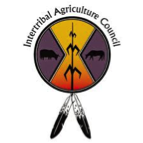 Intertribal Agriculture Council
Intertribal Agriculture Council
For several years, the FPCC member Tribes have participated in events at the Intertribal Agriculture Council. We have shared and gained information from our participations. We have been particularly interested in the works the gathering Tribes have done in Food Sovereignty and Native Foods. This is a wonderful convening of Nations…always fantastic!
Rising Voices: Climate Resilience through Indigenous and Earth Sciences

Participating in Rising Voices workshops is an uplifting event. At Rising Voices, we gather from all walks and works in life, here is a ‘safe’ place to question and share, and explore the possibilities, a place of hope, but not idleness. This is a place where Truth is spoken, sans politics, and we can respectively remind each other that solutions, must serve life and ensure quality of life for all.
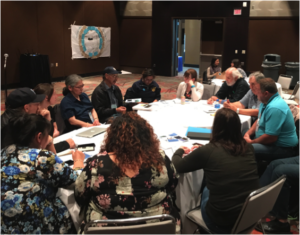
Rising Waters
www.scoopnest.com/tag/risingwaters
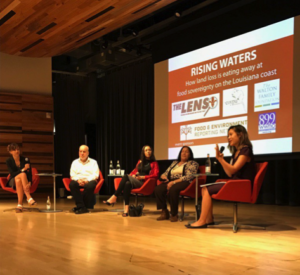 Chief Shirell Parfait-Dardar of the Grand Caillou/Dulac Band of the Biloxi-Chitimacha-Choctaw Tribe, and Theresa Dardar of the Pointe-au-Chien Indian Tribe engaging a public audience in New Orleans about how land loss is eating away at food sovereignty on the Louisiana Coast. #risingwaters
Chief Shirell Parfait-Dardar of the Grand Caillou/Dulac Band of the Biloxi-Chitimacha-Choctaw Tribe, and Theresa Dardar of the Pointe-au-Chien Indian Tribe engaging a public audience in New Orleans about how land loss is eating away at food sovereignty on the Louisiana Coast. #risingwaters
Universalist/Unitarian Service Committee Meeting on Climate Change Resettlement for Indigenous Communities, Alaska, 2018
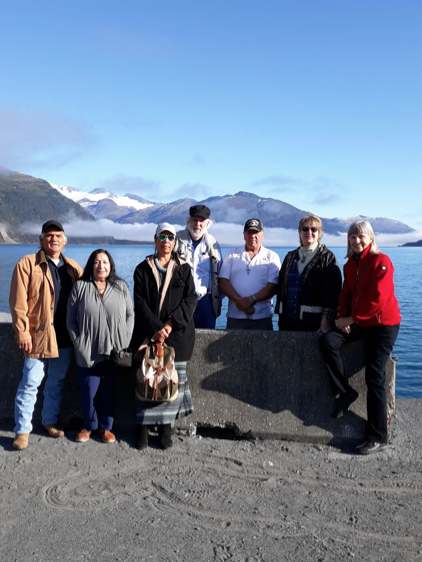
Those in attendance were small indigenous communities from Alaska, Washington, Bangladesh, the South Pacific and Louisiana. Representing Louisiana were three Native American tribes from the First Peoples’ Conservation Council (FPCC) of Louisiana, an Association that was formed to provide a forum for four State Recognized Native American Tribes and two unrecognized ones. The purpose is to identify tribal challenges emphasizing and solving natural resource issues on their Tribal lands. The tribes who had tribal leaders in attendance at the Alaskan meeting were the Pointe au Chien Indian Tribe in Terrebonne/Lafourche, the Grand Bayou–Atakapas-Ishak/Chawasha Tribe in Plaquemines Parish and the Isle de Jean Charles Tribe of Biloxi-Chitimacha-Choctaw Indians of Terrebonne.
The message from each group was so similar: Sea level rise and storms are putting the very existence of the communities at risk and the response by respective regional and national governments has been extremely challenged in terms of funding and successful management of the resettlement process. For example, when approval to move is determined, upkeep of the original community until the move is completed is halted leaving the residents without basic services such as transportation, water and sanitation if/until the resettlement is completed.
Additional conferences, forums, and societies where FPCC Members have presented and engaged with include, but are not limited to:

